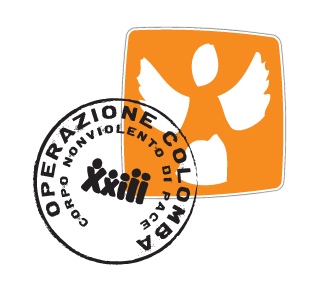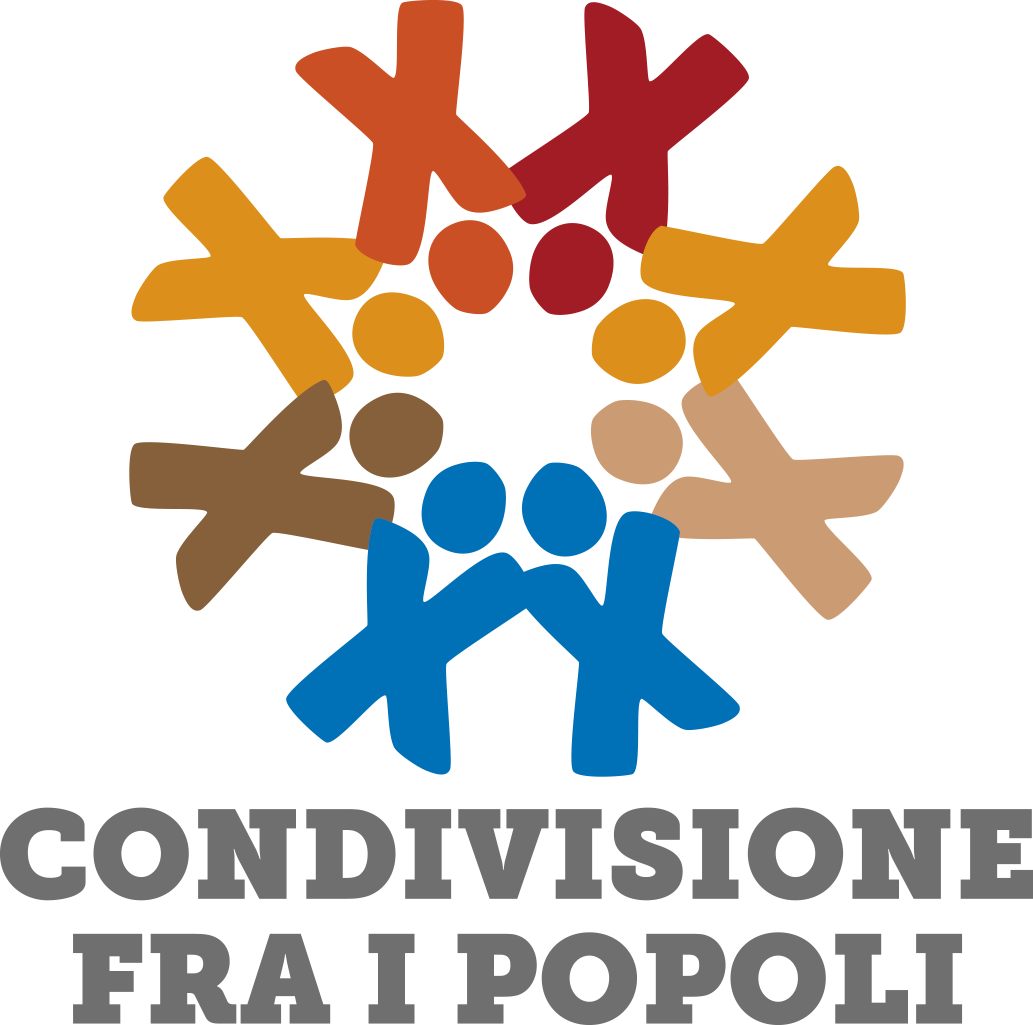When he had become one of the main liberation movement’s leaders for his country and while he was preparing to struggle, even violently, when he had reached a reputation for being uncatchable, an elusive "black pimpernel", when he had probably come to conceive the way his people could strive, he was arrested.
The trial, with severe charges, left little or no hope: death penalty or life sentence.
He had no contact with the outside world, nor he knew if his wife and children were alive.
If hope was rooted in his network of relationships and acquaintances, then hope was dead.
No longer existed the life he used to know and, as far as one could imagine, it would not be returned to him.
In those days, in those months, Mandela - yes, it is him - tried to shift the struggle on a different level, no longer outside, no longer with alliances, clashes, meetings or projects concerning the world outside: his new strife aimed to understand who he was, what kind of task he had at that time of isolation and how he could turn the prison from an inhuman place into a site where even a new world could be built.
In these days - already passed into weeks - Operazione Colomba cannot guarantee its presence in all the war areas where it usually acts (at the moment it keeps on handling and supporting various situations in different ways); the virus, the pandemic, oblige us to stay at home.
We would like to use this restriction to shift the struggle to an inner level, like Nelson Mandela did.
Let us be guided by the questions we supposed he asked himself, reading his diaries.
Who am I really?
Am I a representative for people’s freedom?
And if I am, how can I liberate myself and others, staying here within these walls?
How can I overcome this sense of helplessness?
And how will I nourish my soul which wishes to be free, even if it cannot move?
Let's try to answer these questions by giving ourselves time and focusing on silence, because we want the answers to be true.



 OPERAZIONE COLOMBA
OPERAZIONE COLOMBA
